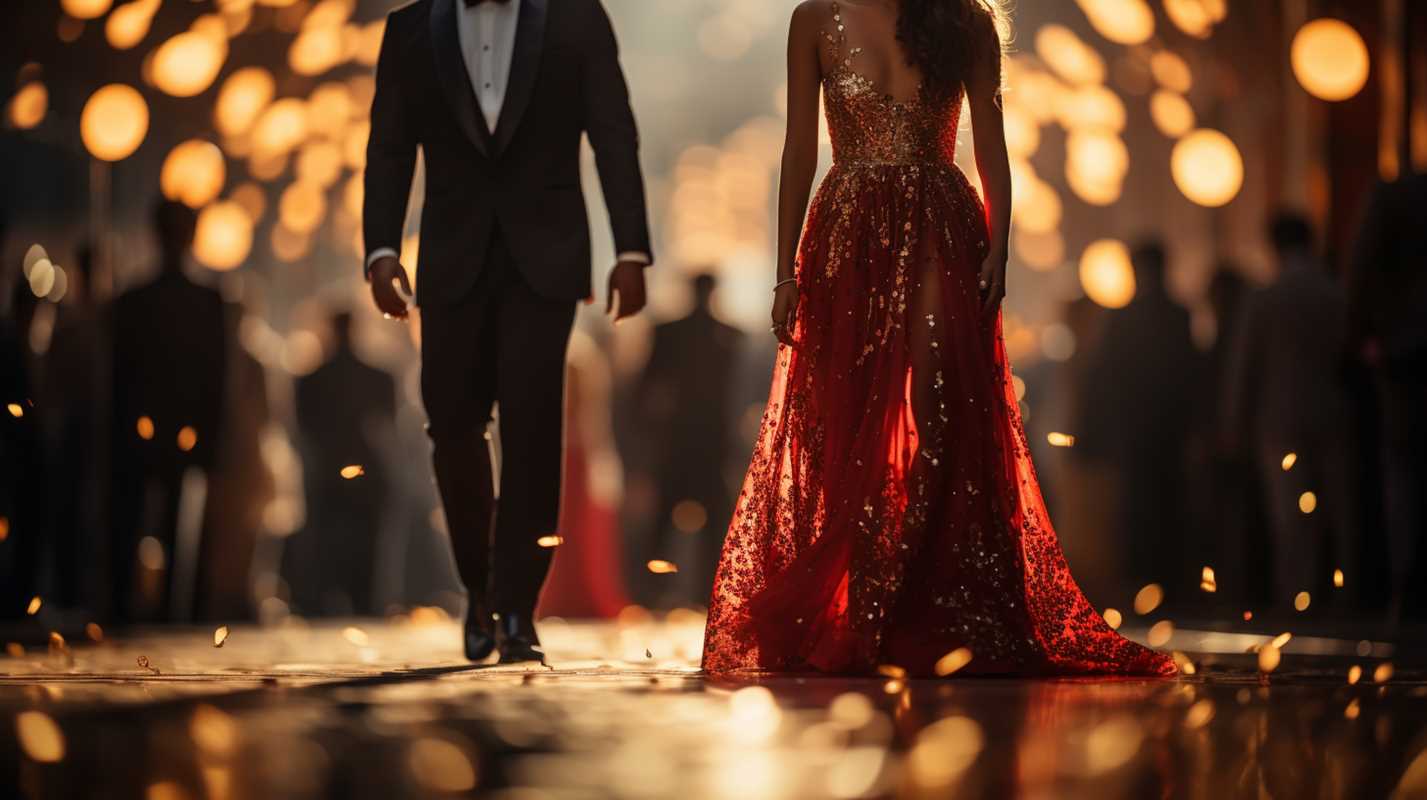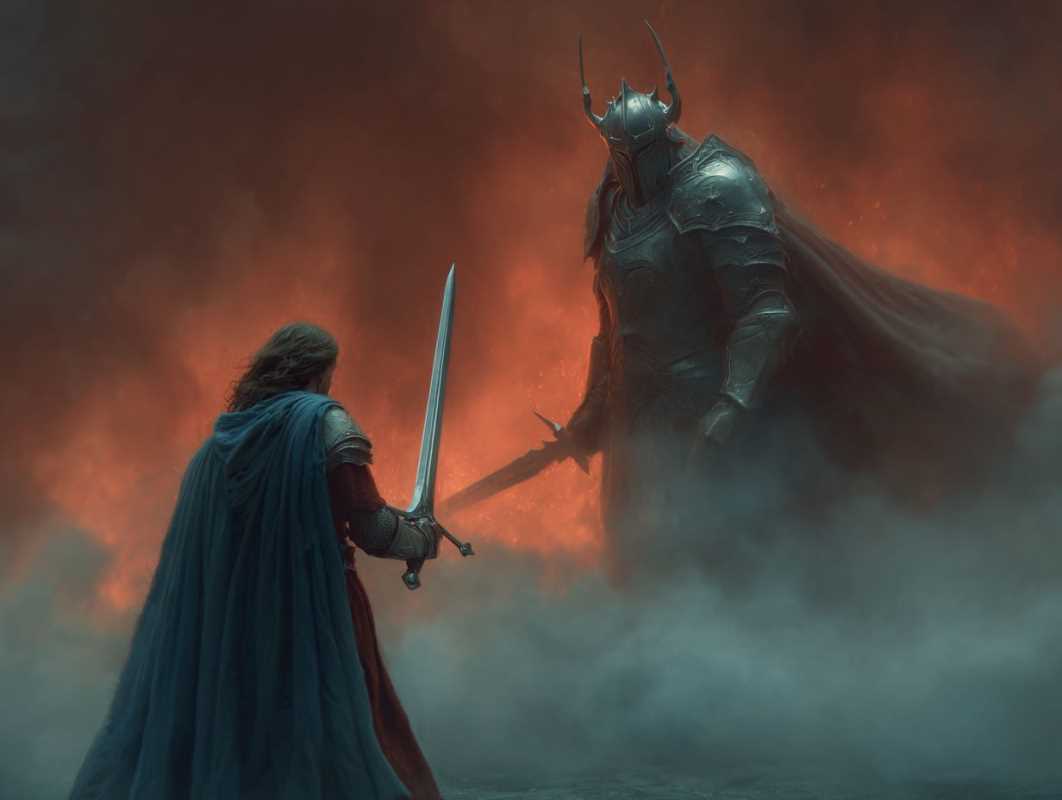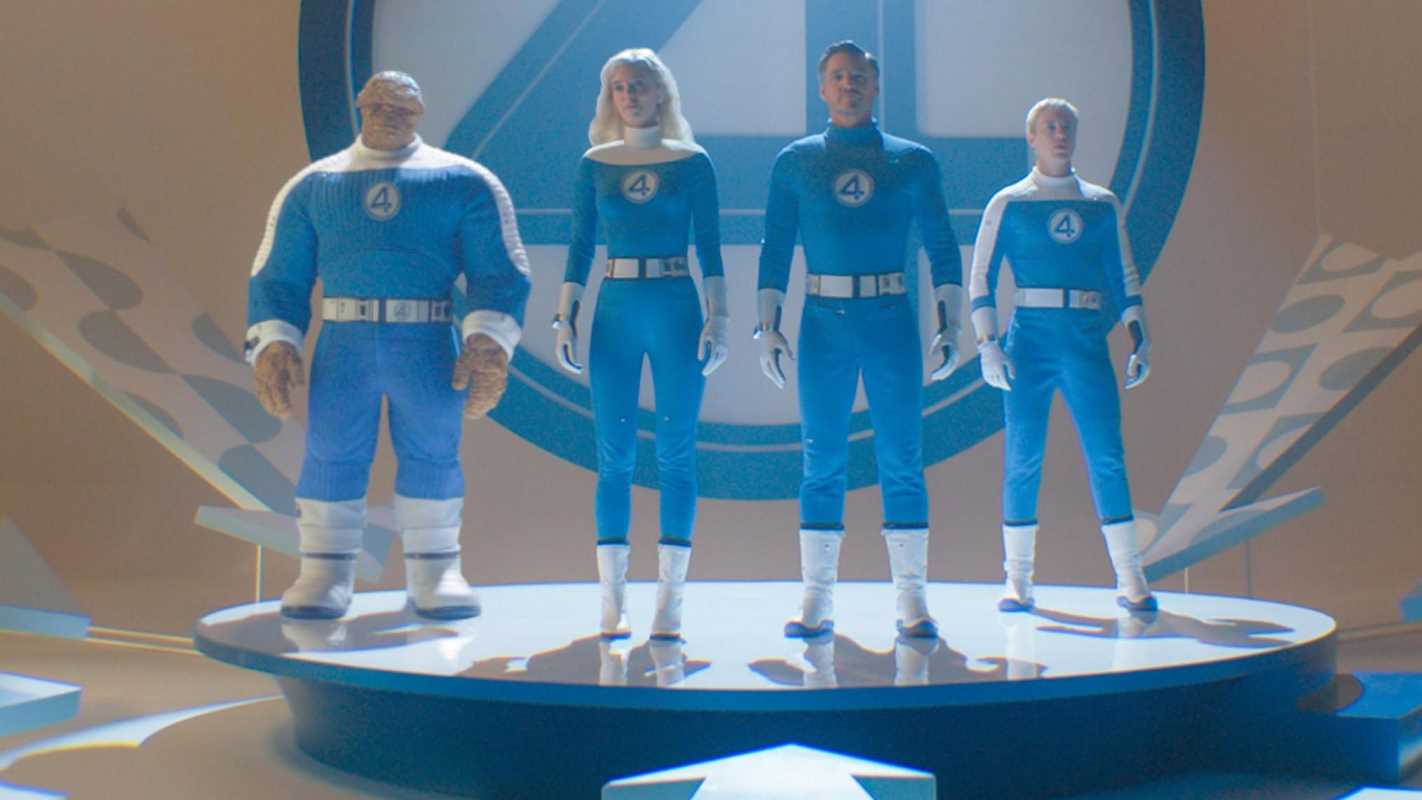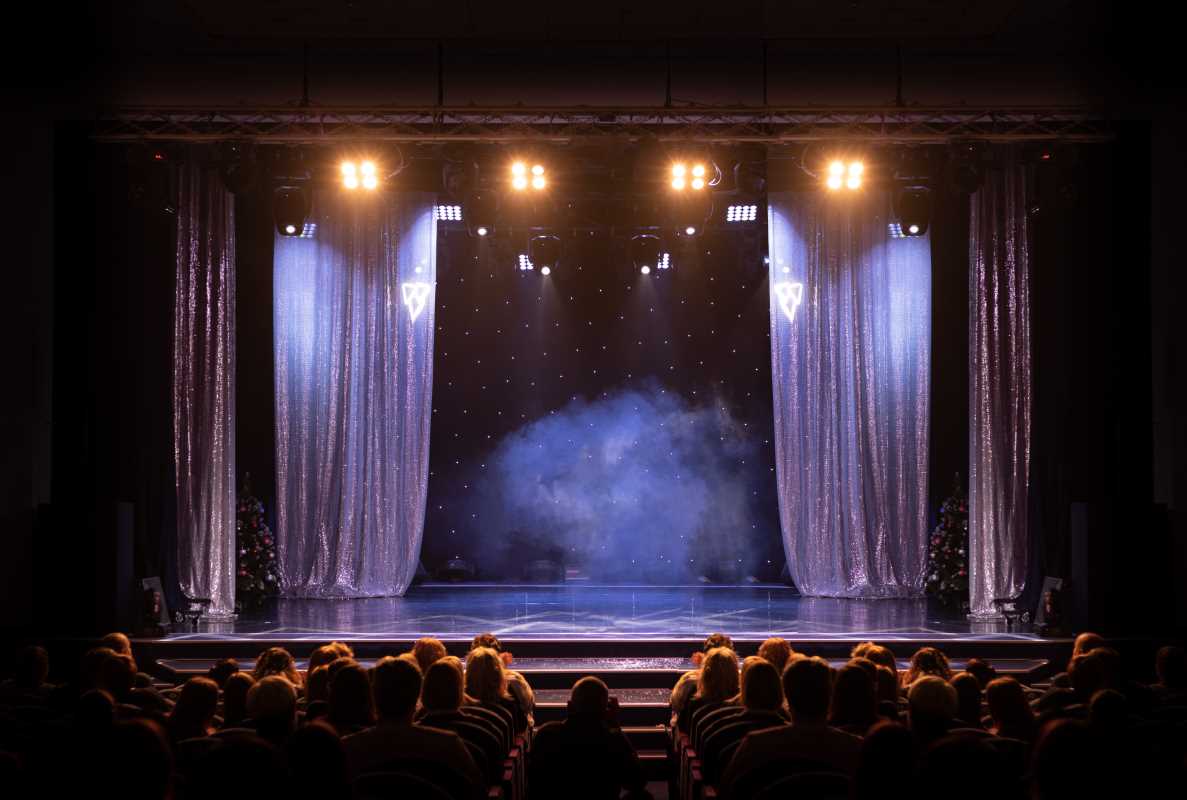The Grammy Awards have long been the crown jewel of the music industry, a night where artistry meets spectacle, and where the unexpected almost always steals the show. From career-defining wins to headline-making snubs, each ceremony tells its own unique story. The 2024 Grammy Awards were no exception—an evening brimming with celebration, controversy, and unforgettable performances that kept fans across the globe glued to their screens.
Below, we revisit the moments that defined this year’s show, proving once again why the Grammys remain one of the most anticipated events in entertainment.
A Surprise Victory for Victoria Monét
One of the most talked-about moments of the night was the crowning of Victoria Monét as Best New Artist. While Monét has been quietly building a loyal following for years—writing hits for artists like Ariana Grande and carving out a distinct R&B sound—many considered her an underdog in a category packed with mainstream chart-toppers.
Her win was more than just a personal triumph; it was a testament to the Grammys’ occasional willingness to reward pure artistry over hype. Wearing a shimmering gown that reflected the spotlight in every direction, Monét gave a heartfelt acceptance speech thanking her mother, her collaborators, and her fans for believing in her when the industry wasn’t watching.
For many viewers, it was the emotional highlight of the night. Social media lit up with posts celebrating her win, with fans calling it a “victory for hard work and authenticity.” The moment served as a reminder that even in a music landscape dominated by streaming algorithms and viral hits, talent and perseverance can still break through.
Bruce Springsteen’s Unexpected Snub
Not all the night’s surprises were joyful. Bruce Springsteen’s critically acclaimed 2023 album—hailed by many as a late-career masterpiece—was conspicuously absent from several major categories, including Album of the Year and Best Rock Album. Given the album’s glowing reviews and strong sales, the omission raised eyebrows among critics and fans alike.
The snub quickly became one of the evening’s most discussed controversies. Some industry insiders speculated about behind-the-scenes politics in the Recording Academy’s nomination process, while others saw it as yet another example of the Grammys overlooking veteran artists in favor of younger, more commercially trendy acts.
For Springsteen’s loyal fanbase, the lack of recognition felt like an injustice. In post-show interviews, the singer himself appeared unfazed, saying, “Awards are nice, but the music’s the real reward.” Still, the omission fueled ongoing debates about the balance between legacy recognition and spotlighting emerging voices at music’s biggest night.
Dua Lipa’s Electrifying Performance
When it comes to live performances, the Grammys often deliver jaw-dropping moments that become instant cultural touchstones. This year, Dua Lipa seized that opportunity with one of the most memorable sets of the evening.
Her medley began with a stripped-back piano rendition of a fan favorite, showcasing her raw vocal power, before bursting into a full-throttle dance-pop spectacle complete with elaborate choreography, dynamic staging, and pyrotechnics. The seamless transitions between moods—from intimate to euphoric—earned her a standing ovation from the star-studded audience.
Lipa’s performance demonstrated her growth as a live entertainer and her ability to command a massive stage without losing the emotional connection to her music. Critics praised it as one of the defining performances of her career, a moment that solidified her place among the top tier of global pop stars.
A Legendary Return to the Stage
Perhaps the most poignant moment of the night came from a music legend making their return to the Grammy stage after years away. The identity of this artist had been kept under wraps until showtime, heightening anticipation. When they stepped into the spotlight, the audience erupted into cheers before the first note was played.
The performance was stripped of flashy production, focusing instead on the artist’s voice, which carried decades of history and emotion. For longtime fans, it was a bittersweet moment—an acknowledgment of the artist’s enduring influence and a celebration of their resilience in an industry that moves at breakneck speed. Social media buzzed with nostalgia, with many viewers calling the set “a love letter to the power of live music.”
Midnights Claims Album of the Year
The final award of the evening—Album of the Year—is always the most anticipated. In 2024, that honor went to Midnights, a record that had dominated streaming charts and captured the cultural conversation from the moment of its release.
While some predicted the win, others expected a different frontrunner to take the prize, making the announcement an exciting twist. The artist’s acceptance speech was gracious and heartfelt, emphasizing the collaborative effort behind the album’s success. They thanked their production team, songwriting partners, and fans, saying, “You made this record yours as much as mine.”
The victory underscored how a well-crafted album can still hold weight in an era often focused on singles and viral hits. It also reinforced the Grammys’ enduring ability to surprise, even in categories where the outcome seems predictable.
Fashion Statements That Stole the Spotlight
Beyond the awards and performances, the Grammy red carpet remains a spectacle of its own. In 2024, the fashion did not disappoint. From avant-garde couture to bold streetwear-inspired ensembles, artists used their wardrobe choices to make personal and political statements.
Several attendees paid homage to music legends through their outfits, while others showcased emerging designers in a bid to highlight fresh talent in the fashion world. Social media exploded with fashion breakdowns, and style critics declared this year’s Grammy red carpet one of the most diverse and imaginative in recent memory.
The Power of Music to Unite
Amid the glitz, glamour, and occasional controversy, the 2024 Grammy Awards reminded viewers of music’s unique ability to bring people together. Collaborative performances featuring artists from different genres and generations stood out as symbols of unity in an often divided world.
Whether it was a country star harmonizing with a hip-hop artist or a jazz legend trading solos with a pop newcomer, these moments transcended individual tastes and proved that the language of music is universal.
 (Image via
(Image via





